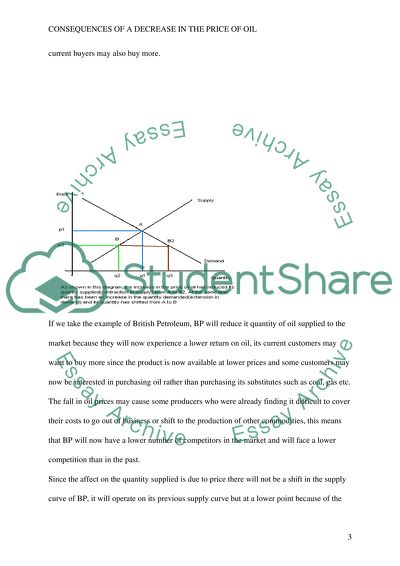Cite this document
(“Consequences of a Fall in the Global Price of Oil Coursework”, n.d.)
Consequences of a Fall in the Global Price of Oil Coursework. Retrieved from https://studentshare.org/macro-microeconomics/1510526-oil-prices-master-essay
Consequences of a Fall in the Global Price of Oil Coursework. Retrieved from https://studentshare.org/macro-microeconomics/1510526-oil-prices-master-essay
(Consequences of a Fall in the Global Price of Oil Coursework)
Consequences of a Fall in the Global Price of Oil Coursework. https://studentshare.org/macro-microeconomics/1510526-oil-prices-master-essay.
Consequences of a Fall in the Global Price of Oil Coursework. https://studentshare.org/macro-microeconomics/1510526-oil-prices-master-essay.
“Consequences of a Fall in the Global Price of Oil Coursework”, n.d. https://studentshare.org/macro-microeconomics/1510526-oil-prices-master-essay.


